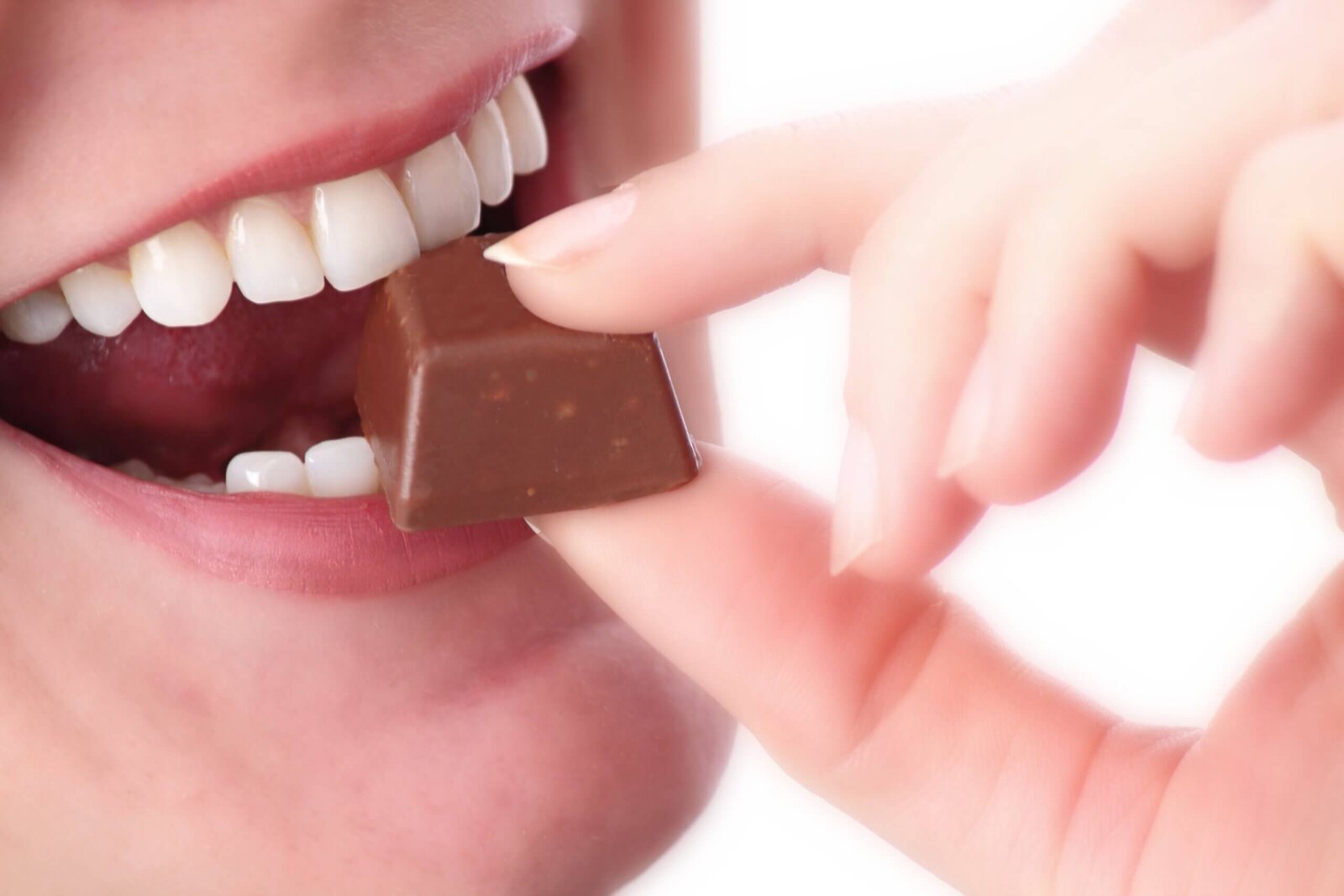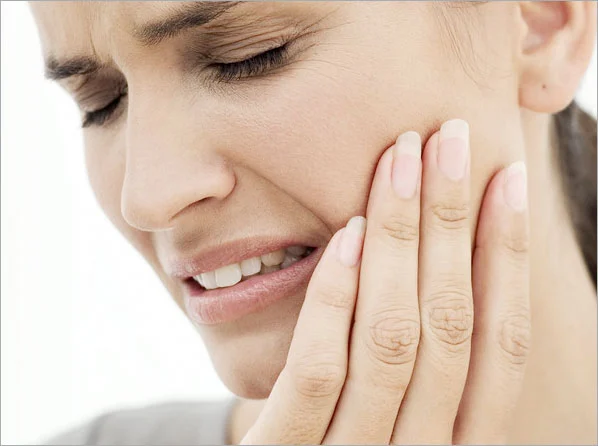Satisfy Your Cravings: Discovering the Perfect Sweet Treats for Every Sweet Tooth
Why Does Eating Sweets Cause Pain in My Teeth?
Do you accept having a sweet appetite and finding it impossible to avoid indulging in sugary treats? The bitter fact is that overindulging in these delicious treats can seriously harm your oral health, even if they could fulfil your cravings. This post will examine the effects of consuming too many sweet treats on your teeth, discuss possible outcomes, and provide advice on how to keep your smile looking great.
Candy bars, sodas, and that delicious piece of cake are all high in sugar, which increases the risk of cavities and tooth disease. Sugar provides the bad bacteria in your mouth with fuel to make acid, which erodes the tooth enamel and eventually results in cavities. Furthermore, a lot of sweet foods stay to teeth for extended periods of time due to their sticky texture, which lets the acid eat away at enamel enamel continually.
Fortunately, there are ways to keep enjoying your sweet treats while protecting your teeth. Sugar and germs may be eliminated from your mouth with regular brushing, flossing, and mouthwash with fluoride. To preserve ideal oral health, you should also cut back on sugary treats, choose healthier options, and schedule routine dental checkups.
So, let’s unravel the sweet tooth sour truth and take steps towards preserving our dazzling smiles.
Eating or drinking sweets is doubly harmful to your teeth. Sugary foods and drinks can erode teeth and increase their sensitivity.
Teeth that have become sensitised might also hurt or feel uncomfortable after consuming sweet meals and beverages.
You run the risk of doing more harm to your teeth and gums if you consume sugar often and neglect to maintain good oral hygiene. All of these factors may contribute to teeth that are excessively sensitive to heat, cold, and sweets.
Sugar-induced Teeth Sensitivity
Tooth enamel loss is most likely the reason for the dental pain that results from consuming sweets. The hard outer layer of your teeth, called tooth enamel, shields the softer dentin within. These delicate tissues may become visible as the tooth enamel erodes. The nerves are connected to these soft tissues via tiny tubules. Some foods have the ability to irritate and produce pain when they come into contact with these tubules. If you have sensitive teeth, you may experience discomfort from acidic foods (such as fruit juices or sodas), sweet meals (such as candies, chocolates, and desserts), and hot or cold foods or beverages.
Candies to stay away from
Teeth that are severely sensitive or that have been injured may experience pain when sweets are consumed.
Among the worst offenders are:
- Hard candies and pacifiers. Candies that are sucked on remain in the mouth for a long period, giving teeth an acid bath.
- Gooey or sticky candies. Sticky foods like gummy bears, frosting, dried fruit, and honey give bacteria a lot of time to proliferate on teeth.
- Juice from oranges. Orange juice is not the worst for teeth whitening, although it does include a lot of sugar and naturally occurring citric acid.
- Carbonated soft beverages. Not only are colas and other sodas high in sugar, but they also contain acid.
Factors
Increased sensitivity to sweets might result from dental damage. Numerous factors might be to blame:
Dentin (enamel) loss
Carbs that ferment are present in sugary meals and beverages. Acid is created when bacteria that are detrimental to the mouth combine with fermentable carbohydrates. Acid causes erosion by removing minerals from tooth enamel if it isn’t washed or brushed away.
Teeth become more susceptible to external stimuli as a result of enamel loss.
Minerals found in saliva aid in the mineral restoration of dental enamel. On the other hand, your saliva will have less time to replenish the minerals that your teeth require if you are a frequent snacker on sweets like chocolate candies.
Cavities in the teeth (Tooth Decay)
Plaque, a sticky substance that accumulates on teeth and behind the gum line, is the result of oral bacteria that eat sugar.
Tooth enamel demineralizes as a result of the acidic composition of plaque. Acid and germs may penetrate teeth and reach the fragile dentin inside once the enamel has worn away.
Cavities result from tooth decay. Cavities initially appear as holes in dental enamel. They enlarge and deepen if they are left empty. Acid, germs, sugary foods, and liquids can all get inside a cavity and cause sharp, unexpected pain.
Gum disease, or gingivitis
Plaque accumulation is another factor that can cause gum disease. Tartar is the result of plaque on teeth hardening. Plaque and tartar can irritate gums, which can lead to:
- haemorrhage,
- edoema, and
- infection
Because the tooth’s roots, which contain nerve endings, are exposed, inflamed or irritated gum tissue can make teeth more sensitive.
gums that recede
The purpose of your gums is to shield each tooth’s root from damage and to cover bone. The roots of your teeth may become visible as you get older due to gum recession.
Smoking cigarettes and diligent tooth cleaning can make receding gums worse.
Gum disease and poor dental hygiene are major contributors as well.
Treatment to whiten teeth
Hydrogen peroxide is one of the substances used by tooth whiteners to lighten stains.
The peroxide must enter the tooth and get to the dentin within in order to accomplish this successfully. Teeth sensitivity may increase as a result of this.
The following are some of the reasons why dental enamel weakens:
- Insufficient brushing and flossing: Insufficient brushing and flossing leads to the accumulation of germs. The enamel will erode because of the acids produced by these bacteria.
- Too much pressure is placed on teeth when someone grinds their teeth, a condition known as bruxism. The delicate dentin is exposed as a result of the gums pulling away from the teeth.
- Overly forceful brushing: Excessive force when brushing might lead to the erosion of tooth enamel.
- Over-whitening of teeth: Whitening agents are designed to penetrate tooth enamel and lighten the yellow-colored dentin. Overuse of these products might cause the enamel to deteriorate.
- Broken or damaged teeth: When your teeth break, chip, or crack, the dentin becomes visible and can become painful.
The way it feels
Eating sweets can give you a range of feelings in your mouth and face, especially if you have sensitive or broken teeth. They consist of:
- refers to discomfort in your sinuses, eyes, or down the side of your face that is tingling, hurting, sharp, stabbing, and powerful
Therapies
Use toothpaste that is specifically formulated to treat sensitive teeth or slight enamel loss.
The way sensitivity toothpaste functions is by covering teeth’s dentin tubules. These are tiny tubes that penetrate the tooth’s dentin layer from under the enamel.
Dental bonding could be necessary if tooth enamel is severely deteriorated. A tooth-colored resin substance will be glued to your teeth if you get dental bonding.
In the event that you have cavities, filling them will significantly reduce sensitivity.
Antibiotics, thorough cleaning, and scaling—which is the process of removing plaque from your teeth—can all be used to treat gingivitis and periodontal disease.
Scaling and thorough cleaning are other treatments for receding gums, and topical antibiotic use is occasionally an option for correction. Surgical options like grafting could be suggested if the problem is severe.
Following teeth whitening, sensitivity is frequently transient. It could be as simple as avoiding both hot and cold beverages and sweets for a few days.
Until the problem goes away, you can also use toothpaste made specifically for sensitive teeth.
Take precautions
You may prevent tooth decay and minimise discomfort while consuming sugar by following these tips:
- Sugar avoidance can help prevent cavities.
- If you chew, vape, or inhale nicotine products, you should think about stopping.
- At least twice a day, use fluoride toothpaste on a toothbrush with soft bristles.
- Floss as much as you can.
- Steer clear of mouthwash with alcohol in it.
- Make sure to wash your teeth after every meal if you consume sweets or other high-carb items like potato chips.
- Sugarless gum might be a possibility if you are unable to brush after eating. Another excellent option for sucking candy is sugarless gum.
- See a dentist for a cleaning twice a year, if at all feasible. Additionally, a dentist might detect any little cavities you may not be aware you have.
When to visit a dentist
Visit your dentist in the event that:
- After using a sensitive tooth toothpaste for a week, your tooth ache doesn’t go away. It’s possible that you need to get treated for a cavity or infection.
- Your gums are bleeding, swollen, white, or puffed.
- One of the fillings went missing.
- You experience discomfort or any other feeling that disturbs you or gets in the way of your regular routines.
SUMMARY
When you eat or drink anything sweet, teeth that are sensitive or damaged may hurt. Cavities and enamel loss are two dental diseases that can exacerbate tooth sensitivity.
Taking good care of your teeth can help them remain strong and less susceptible to stimulants like sugary meals.
Consuming hot or cold foods or beverages may also cause discomfort in your teeth if you have sensitive teeth.
FAQs on sweet tooth impact
-
Can sensitivity in teeth be totally cured?
While a full recovery might not always be attainable, good maintenance through dental care is doable.
-
Are home cures just as successful as medical treatments?
Natural therapies can help, but seeking expert guidance from a dentist is advised in extreme situations.
-
In order to avoid tooth discomfort, how frequently should I see the dentist?
For early detection and preventative care, routine dental checkups every six months are preferable.
-
Does dental sensitivity have a connection to stress?
It is true that stress can increase tooth sensitivity. Relaxation techniques can be helpful in managing stress.
-
Does my diet have to be completely devoid of sweets in order to avoid sensitivity?
Exercise moderation. You may greatly lessen sensitivity by limiting sweet foods and maintaining proper mouth hygiene.



